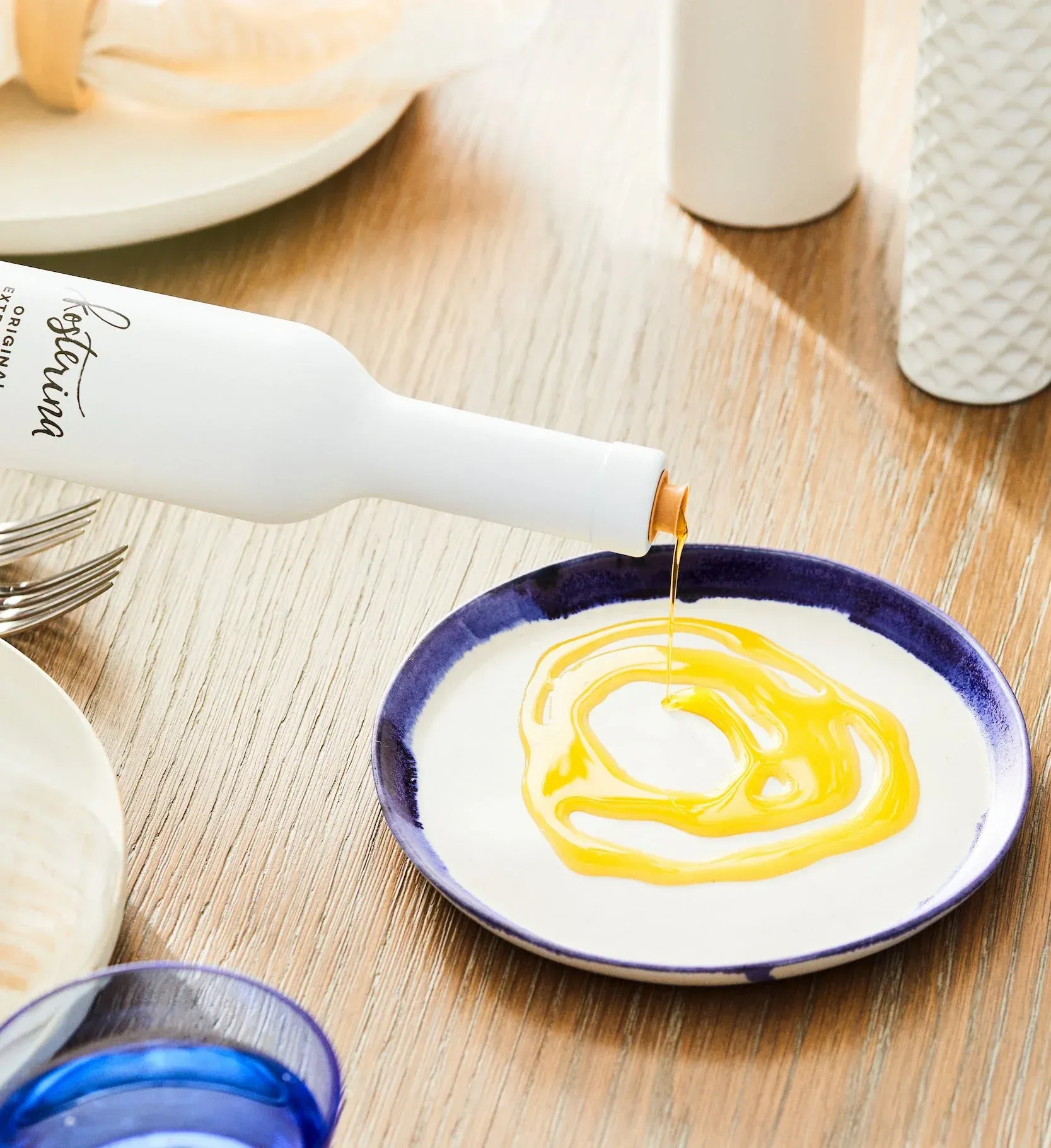The Myth: Salt Causes Osteoporosis
Rethink Osteoporosis: Why Sugar – Not Salt – May Be the Real Culprit
For years, we’ve been told to cut salt to protect our bones—but what if we’ve been focusing on the wrong food? Dr. James DiNicolantonio, a leading cardiovascular research scientist, reveals why sugar—not salt—is the real threat to bone health and how the right nutrition can help prevent osteoporosis naturally.
The Myth:
Salt Causes Osteoporosis
Many believe that salt weakens bones by increasing calcium loss. While it’s true that high salt intake raises urinary calcium excretion, research shows that it doesn’t cause osteoporosis in individuals consuming adequate calcium. In fact, salt plays a vital role in calcium absorption, and cutting it too much could do more harm than good.
The truth: Low-salt diets deplete calcium, magnesium, and sodium from bones, making them weaker over time.
The Real Culprit:
Sugar’s Role in Bone Loss
Unlike salt, sugar harms bones in multiple ways:
- Reduces Vitamin D Activation – Lowers calcium absorption, weakening bones.
- Increases Urinary Calcium Loss – Just like salt, but without any absorption benefits.
- Elevates Blood Sugar Levels – Impairs bone formation, increasing fracture risk.
- Leads to Poor Nutrition – Sugar-rich diets replace bone-strengthening foods like leafy greens, nuts, and seeds.
Did you know? Diabetics have lower bone density and higher fracture risk due to sugar-driven bone loss.
Fix it: Cut back on processed sugar, sodas, and refined carbs, and replace them with whole, nutrient-dense foods.
The Surprising Solution: More Salt, Less Sugar
A groundbreaking study of 4,000+ postmenopausal women found that higher sodium intake was linked to better bone density—not an increased fracture risk.
Here’s why:
- Salt supports calcium absorption.
- Low-salt diets strip bones of essential minerals.
- Sodium depletion can lead to weaker bones and increased fracture risk.
What to do: Enjoy salt in moderation, but focus on whole, nutrient-rich foods—not processed, sodium-laden junk.
Daily Dose’s Approach to Stronger Bones
A bone-friendly diet is about more than just calcium and vitamin D—it’s about reducing sugar, improving nutrient absorption, and focusing on whole foods.
Our Dr. James DiNicolantonio Meal Plan is designed to:
- Support bone health naturally with anti-inflammatory, nutrient-dense meals
- Reduce sugar intake while maintaining balanced electrolytes
- Provide essential minerals from wild seafood, leafy greens, nuts, seeds, and healthy fats
Stronger bones start in the kitchen. Eat smarter, cut the sugar, and let food be your medicine.

Shop
Meal Plans and Programs
Gift Card
Refer a Friend
Frequently Asked Questions
My Account
Contact Us
We will get back to you as soon as possible.
Please try again later.


